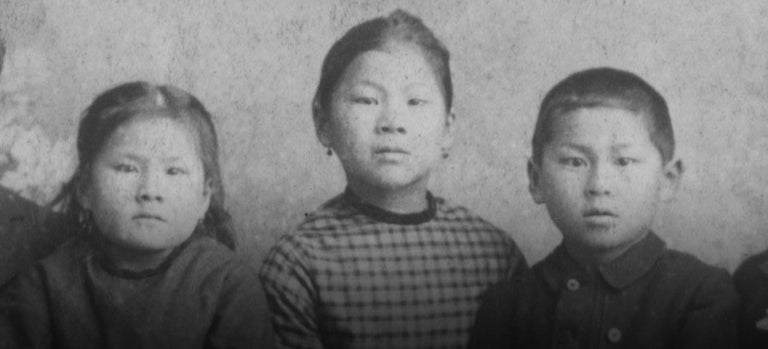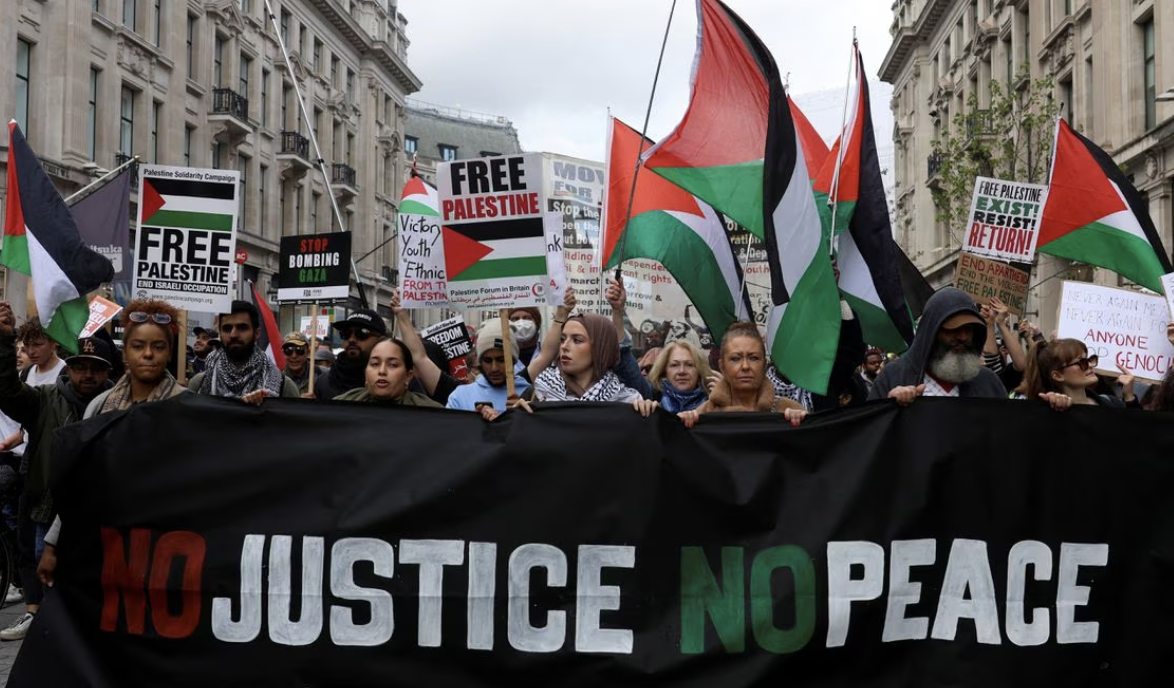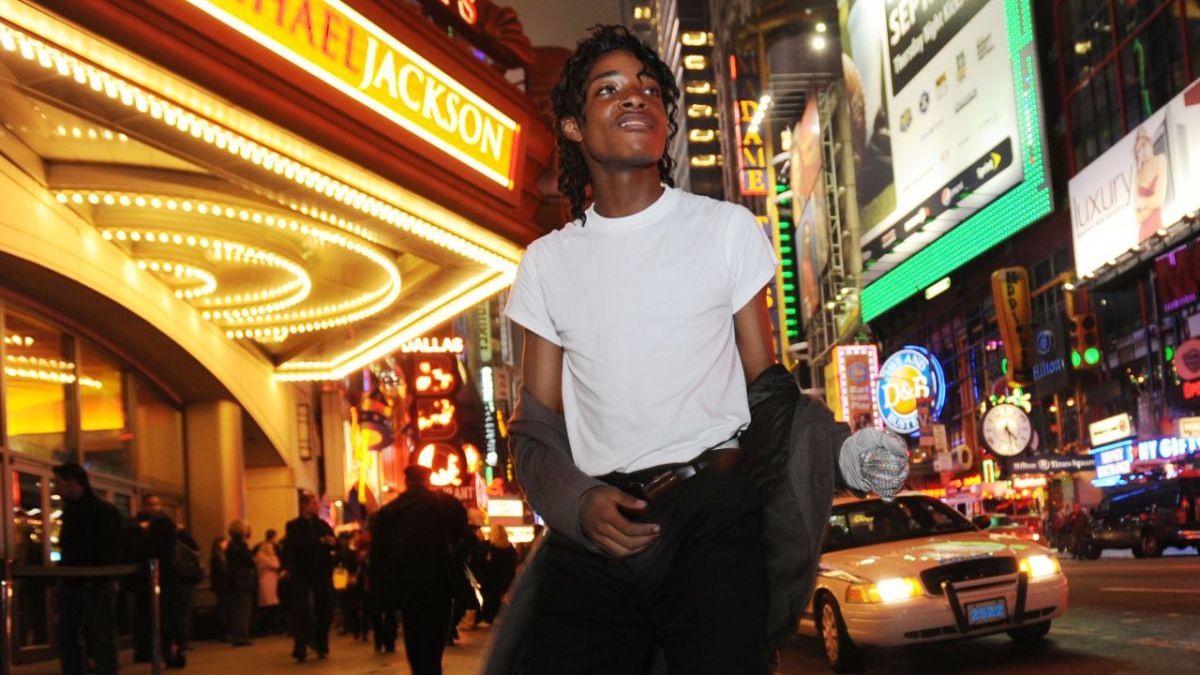The contents of this website are mine personally and do not reflect the positions or viewpoints of the Peace Corps or the United States government.
Seasons in Liberia don’t change cyclically. Being located around 3°N, her foliage doesn’t have time for deciduousity to the extent of its Northern neighbors; temperatures stand as steadily as the mighty palm tree heads that sprout unwaveringly year-round from her overgrown jungles. Instead, prevailing winds work an oscillating dimmer switch of precipitation, leaving heavy rainfall during “summer” months and aridity in the “winter”. During the former, Jesus’s act of turning water into wine would be highly welcome; in the midsts of the latter, it would be helpful if his miracles came equipped with logically valid converses (1).
But miracles are in short supply here, something that should be obvious to anyone who’s ever glanced at a briefing of the country in international news. It’s become something that’s readily apparent to me as I enter my second year teaching. Living a year in a place has a nice poetic value–experiencing a full oscillation of the seasons–but I’ve found my true productivity value has skyrocketed as I’ve moved past that benchmark. Being able to line up my experiences from a year ago abreast with where I am now, a la temps-saut, has been invaluable. And although the leaves don’t change colors (2), I’ve found the best way to measure time and development is still seasonally. Because the problems in the education system here are sizable, they’re systemic, and unlike the seasons, they’re cyclical as hell.
The difficult thing about many of these problems is that they are rooted not in villainy or the faults of one party, but in numerous little factors that pile up to seem insurmountable. Students come to school late, so teachers come late, so students come late, ad infinitum. Teachers never properly achieved literacy due to interruptions in education from the civil war, so they inadequately teach students, who become the teachers of tomorrow and pass on their functional illiteracy to their own students. Like most issues, everyone involved can lay claim to some percentage of the blame, and thus in the veritable chicken/egg problem of assigning this blame, there’s always someone else to whom you can pass the buck when things run afoul.
On bad days, it can all be overwhelming. To perform the simple act of doing your job, when no one else is doing so, can seem futile. And there are an abundance of excuses at the ready for when what seems like inevitable failure comes to pass. These issues are difficult to address and are absolutely damaging the well-being and livelihood of my Liberian students, a group of hilarious, kind-hearted, hard-working young adults who deserve so much more. Peace Corps service is often described as planting a tree you never get to sit under the shade of, and I ferverously hope this is the case–that my contributions here are in some small way helping to improve the futures of these kids.
But what if they’re not?
Australians introduced their native species of acacia trees to South Africa when colonizers moved to the region. Africa has its own species of acacia, so the Australians assumed their acacias would grow well in the soil. They did–too well. Several types of foreign acacia trees are now officially listed as invasive species in the country, crowding out other native foliage and proving harmful to local ecosystems. These Australians committed an all too common crime of foreigners; they wanted to help people whose system and environment they saw as inferior, but ended up doing irreperable damage.
It makes me think of the Lorax, who claimed to speak for the trees because the trees have no tongues. But in this case, I’m claiming not to represent inanimate plants, but living, breathing human beings; this is a much stickier moral issue.
It also makes me think of Katie Meyler.
https://www.google.com/amp/amp.timeinc.net/time/longform/more-than-me-investigation
The above article is long and depressing, but it’s something you should read if you have time. Meyler’s organization, More Than Me, committed heinous acts of abuse cover up that have rightfully shaken and angered many Liberians. In her efforts “just to help”, she abused the trust given to her by her students, their families, and the Liberian government. All of it is awful. And it has me and many of my immigrant friends (3) here questioning our roles. Because while the abuses themselves are extraordinary, the system, or lack thereof, More Than Me had in place which enabled them is all too representative of many norms in foreign aid. Katie Meyler thought that anything she did would be better than the education currently available. But she failed to follow the principle to first do no harm, and is absolutely accountable for the harm she caused. While the instinct to help is noble, if it’s not paired with the proper experience, diligence, and respect for the people you’re helping, it is simply not enough.
The most damning part of the whole article comes when a Liberian asks whether he could open a school in Brooklyn, have these same abuses occur, and have people say he was “just trying to help”. He doesn’t answer the question, because he doesn’t have to.
I’ve been thinking about all of this a lot recently. And while it’s impossible to ignore the development disparity between America and Liberia, I don’t know if that necessarily means I need to be here. Because the thing about all the problems I mentioned earlier, the enormous challenges facing this country and its people, is that they’re not all that complicated. Liberians don’t need me or anyone else to explain their problems to them; everybody here innately understands them by virtue of living through them their whole lives. And they already know the solutions as well, in an abstract sense: better schools, roads, and health care. No, Liberia doesn’t need anyone telling them what to do. They just need people to do it. They just require good old-fashioned, boring work and accountability.
My school is more functional this year than it was last year. And it’s been cool seeing the institution’s slow but steady growth, as more students have been coming to school more regularly and learning more. While many people deserve credit for this improvement, a majority of the thanks has to go to my friend Milton, who was promoted to Vice Principal this year. What is his secret? What has he done to combat a generation of systemic educational challenges? Nothing more, and nothing less, than his job. He comes to work on time, most days a little early. He’s a good planner and delegator; he has enough experience that he knows the typical challenges a school will face at certain times of the year, and he assigns people to address those problems before they occur. And most importantly, he holds his employees, myself included, responsible for doing their work diligently and in a timely manner (4). This has had a massive effect on the teaching staff, which in turn has positively impacted the student body. Is it perfect? No. But it’s better. And really the enormous, macro-level goal of development comes down to nothing more than a bunch of individuals committing to being better at their jobs every day.
It’s funny, because a part of my motivation for joining Peace Corps was to escape traditional work and do something more meaningful, but what I’ve found is that there’s nothing more meaningful than simply doing your job well. And while I like to think I do my job well here, there’s absolutely no reason a Liberian couldn’t do the same job equally as well. I’d argue that even if they don’t do the job as well, it might be more valuable to the country, because they’re building capacity that will remain in the country, whereas I will leave after two years and take my knowledge with me. Being a teacher is hard, and it feels weird that I’m getting acclaim for my “sacrifice” of being here for two years when people like Milton are working at least as hard as me, for less money, and will continue to do so long after I’m gone. So is my being here still helpful to people? A lot of days recently, it hasn’t felt like it.
Yet I’m still here. Frankly, I’ve thought about leaving. But I’m here. Partly due to Newtonian laws of physics, but mostly because the response to failure can’t be not to try. The More Than Me failures should absolutely serve as a referendum on larger aid practices, but that doesn’t necessarily mean we should pack up our bags and leave; personally I still feel compelled to stay and help my neighbors. But in addition, I am more compelled than ever to hold myself accountable in my efforts to help. To think deeply and responsibly about what I’m doing and who it’s affecting. To avoid telling people what to do, and instead working to help them do what they already know they need to. And most importantly, to hold myself accountable in my mentality–in how I perceive and convey my interactions with my friends, students, and coworkers, not as me teaching them, but an exchange of ideas. Because to dig into my bag of cliches that are absolutely true, I have learned far more from all of them than they have learned from me (5). Liberia has a lot of problems, yes, but they don’t need me to save them. They need a lot of people working, doing their small part to make society better, and if I can effectively and responsibly be one of those people, I’m more than happy to help.
It’s the beginning of dry season here in Liberia. And just as it is in America, each season brings a fresh new set of weather-related issues. The rains have just let up, and already it’s starting to get unbearably hot and dusty. Every day brings new challenges for people who have seen more than their fair share of them. And amongst all of it stand those palm trees, grounding the jungle surrounding my town as a constant presence. As I move into year two of calling this place my home, I’m continuing to nurse my own tree. They tell me it’s one I’ll never sit under the shade of, but frankly, I’m hoping no one else has to either. There are too many Liberians who are more than capable of planting their own trees, trees that will root up to provide better shade than mine. And if there’s one thing I’ve learned here, it’s that I don’t speak for Liberians or their trees; they have their own damn tongues.
———-
(1) Wine production actually being more consistent throughout the year. And, funnily enough, coming from the aforementioned palm trees. Yes, roosted in the tops of those trees lies naturally fermented “palm wine”, a substance extracted not dissimilarly from the tapping of maple syrup. Trees will yield about a gallon of palm wine a day, which needs to be harvested twice daily, for a span of about three months. This has interesting effects on the drinking culture–the limited quantity turning palm wine into almost a contraband substance, and the fixed harvesting schedule turning heavy drinkers, known worldwide for their fickle deference of action, into the epitome of routine clockwork.
(2) Alright footnote readers, I’ll level with you. This whole tree metaphor is actually overstated. There are in fact some decidious trees here thats leaves change color and drop, and although proportionally their impact is actually sizable, one truly doesn’t notice it here compared to the ceaseless sea of green. But yes, fine, there is some seasonal tree change. Frankly, I’m just banking on the fact that none of you are willing to fly over here and strip me of my poetic license.
(3) Recently saw someone on the internets ask the interesting question of why people who come to America are “immigrants”, but Americans who move elsewhere in literal caravans are “ex-pats”. Why don’t we see them as the same thing? (Note: the answer to this question actually isn’t that interesting–it’s racism. But it was something I found valuable to think about.)
(4) He’s also one of the funniest people I know, wryly satirizing Liberian power structure even as he harnesses it to improve our school. One of my favorite jokes of his came when I told him I would bring something to his house, and with a knowing smirk he told me “Nathaniel, I’m the VP now, and that means I don’t have a house any more. I have a compound.” I’m hoping some of this humor translates cross-culturally, but if not just know it’s a really good joke.
(5) I’ve had many friends and relatives tell me something along the lines of “you’re doing so much good over there”. And while I immensely appreciate the love and support, I would ask that if you’re one of those people, you try to reconsider that mindset in the future–the assumed positive effect of foreigners here kind of being the problem. Maybe instead ask me about all that I’ve learned from my Liberian friends while here; I would love to share some of their vast wealth of knowledge/jokes.



